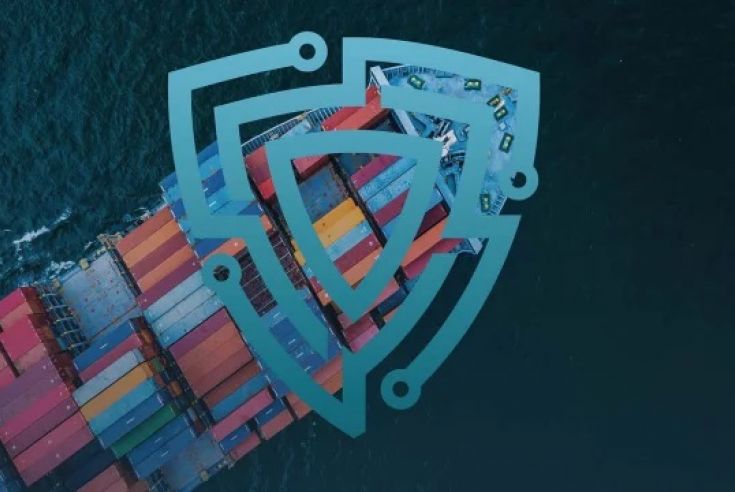16,000 USD ($)
EnquireSchool Abu Dhabi Ports Company
Location Abu Dhabi
Duration 5 day(s)
Dates Contact for more info
Accommodation None Included
The Manila amendment to STCW has mandated Human Factors training for seafarers and as an approved Maritime and Coastguard Agency (MCA) training provider, our instructors have been accredited to deliver HELM courses at the management level worldwide.
The HELM (M) course meets the syllabus requirements laid down by the UK Merchant Navy Training Board (MNTB) and draws on seventeen years of experience in providing Maritime Human Factors courses and company programmes internationally. Hitherto, courses have only been run for individual companies, but now the HELM five-day course makes Human Factors Training accessible to all in the industry. The concept of human factors training originated in response to studies in the aviation industry that examined the pivotal role human error plays in aircraft accidents. This training was known for many years as Crew Resource Management (CRM) which morphed into Bridge Resource Management training (BRM) in the marine industry.
The training examines the crucial role human factors play in high-stress, high-risk environments and encompasses team training, as well as simulation, interactive group debriefings and improvement of crew performance.
From a practical standpoint, the HELM programme educates crews about the limitations of human performance. Trainees develop an understanding of cognitive errors, and how stressors such as fatigue, emergencies, and work overload contribute to the occurrence of errors. The course typically requires participants to assess both personal and peer behaviour through case studies and experience. Emphasis is placed on integrating the concepts into daily working routines, which minimise the influences of human factors in accident causation.
The field of aviation has a substantial history of collecting and analysing safetyrelated data. Historically, human error has caused, or contributed to, over 75% of accidents. Root cause analyses by safety experts have found that errors frequently occur because crews fail to effectively manage the resources available to them, fail to verify information when uncertain about it and fail to plan for contingencies. Maritime reports provide similar attributable results and have been the catalyst for the introduction of individual and company-wide tailored preventative strategies that draw on the instructor’s experience in other industries, including aviation. With greater technical reliability, automation and quality control of component systems, we no longer have an alibi for normal human fallibility, now the human element has been identified as being the weakest link in the chain.
Shipping shares a similar environmental, cultural and operational ancestry as aviation and whereas aviation, in its infancy, drew on the example of ships at sea, shipping is now learning from the experience of aviators by applying basic Human Factors principles to sea-going operations in accident prevention.
Course Structure
(a) 18 hours classroom based facilitated instruction
(b) 14 hours simulator based facilitated practical activity
(c) 3 hours individual case study analysis



